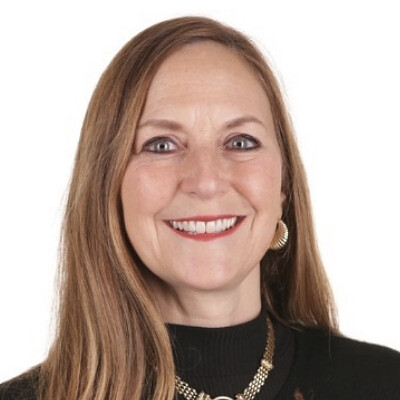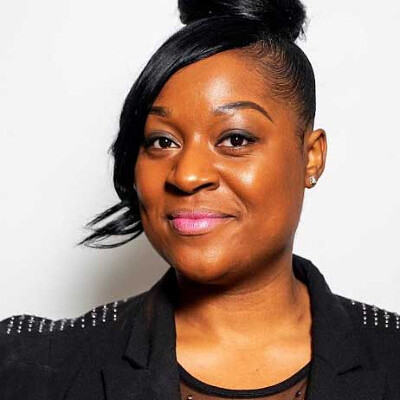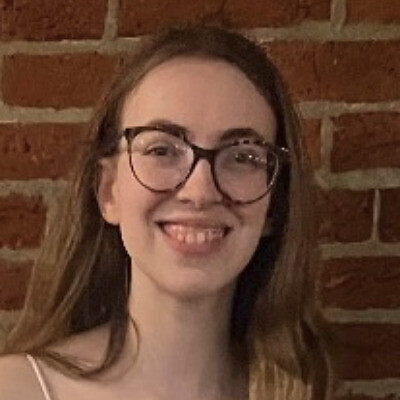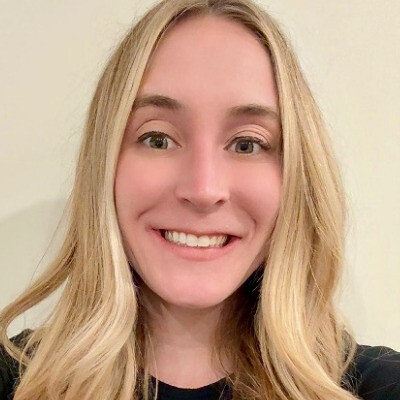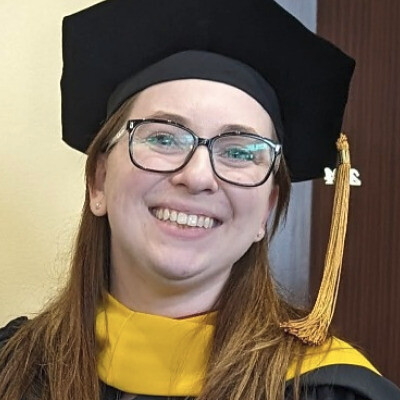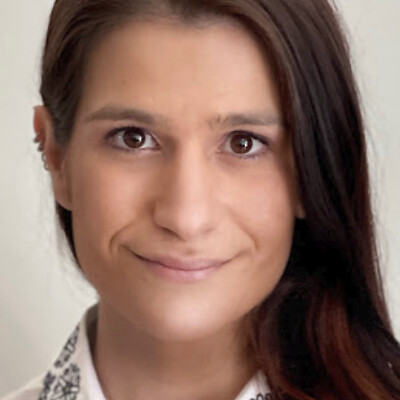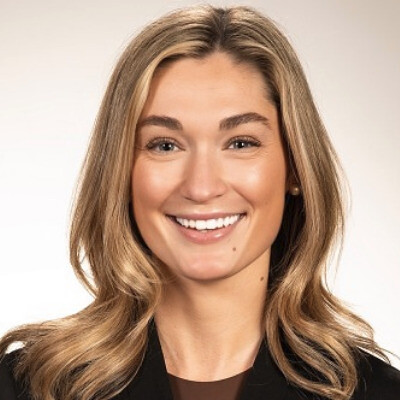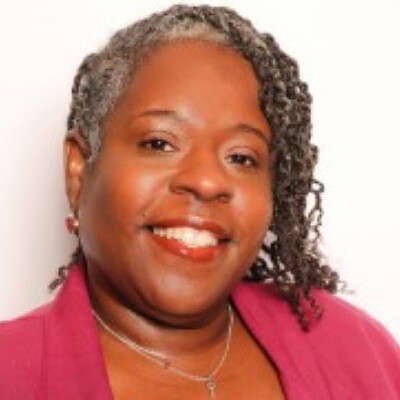Research on volunteerism has been shown to increase happiness in medical students; improve self-esteem, self-efficacy, and social connectedness; lead to better well-being; improve physical well-being, decrease stress, and improve overall quality of life in general adult populations. Volunteerism also creates fellowship and fosters community connections. Thus, volunteerism helps to address the wellness of the healthcare team (quadruple aim of healthcare), and bring future healthcare professionals closer to the populations they aim to serve. An IPE module focused on volunteerism, including PCOM’s Community Wellness Initiative Office, the Make-A-Wish Foundation, and a Wish recipient. Interprofessionally facilitated small-group activities with learners from 3 disciplines (DO, MS in Mental Health Counseling, PsyD in Clinical Psychology) focused on the biopsychosocial benefits of volunteering for healthcare professionals, and patients across the lifespan, for persons with differing physical abilities, psychological and behavioral health challenges, and from wide-ranges of economic positions. Aims of the small-group discussions included identifying shared values across disciplines related to volunteerism, interprofessional communication and shared problem solving for professionals and patients around this topic. Second and fourth year medical students’ self-reflections on the impact of this session on three cohorts (Nf58) will be qualitatively analyzed using ATLAS.ti. Ten percent of the data also will be qualitatively analyzed by an interprofessional team for comparison to ATLAS.ti output. Themes will be summarized. Furthermore, Make-A-Wish reported that in 2024, 36 participants became Wish grantors within one month following this activity, and student engagement in the Community Wellness Initiative more than doubled from one year to the next, perhaps partially due to this experience.
This lighting talk will describe research on volunteerism, provide details about how this 2.5 hour program is run with approximately 120 participants (3+ disciplines) and with 12-20 faculty/clinician facilitators and 12 advanced doctoral student facilitators. Specifically, facilitators’ guides and program content developed by an interprofessional team will be shared with learners. Rubrics to evaluate interprofessional communication and self-reflection requirements will be discussed.
In support of improving patient care, this activity is planned and implemented by The National Center for Interprofessional Practice and Education Office of Interprofessional Continuing Professional Development (National Center OICPD). The National Center OICPD is accredited by the Accreditation Council for Continuing Medical Education (ACCME), the Accreditation Council for Pharmacy Education (ACPE), and the American Nurses Credentialing Center (ANCC) to provide continuing education for the healthcare team.
As a Jointly Accredited Provider, the National Center is approved to offer social work continuing education by the Association of Social Work Boards (ASWB) Approved Continuing Education (ACE) program. Organizations, not individual courses, are approved under this program. State and provincial regulatory boards have the final authority to determine whether an individual course may be accepted for continuing education credit. The National Center maintains responsibility for this course. Social workers completing this course receive continuing education credits.
The National Center OICPD (JA#: 4008105) is approved by the Board of Certification, Inc. to provide continuing education to Athletic Trainers (ATs).
This activity was planned by and for the healthcare team, and learners will receive Interprofessional Continuing Education (IPCE) credit for learning and change.


Physicians: The National Center for Interprofessional Practice and Education designates this live activity for AMA PRA Category 1 Credits™. Physicians should only claim credit commensurate with their participation.
Physician Assistants: The American Academy of Physician Assistants (AAPA) accepts credit from organizations accredited by the ACCME.
Nurses: Participants will be awarded contact hours of credit for attendance at this workshop.
Nurse Practitioners: The American Academy of Nurse Practitioners Certification Program (AANPCP) accepts credit from organizations accredited by the ACCME and ANCC.
Pharmacists and Pharmacy Technicians: This activity is approved for contact hours.
Athletic Trainers: This program is eligible for Category A hours/CEUs. ATs should claim only those hours actually spent in the educational program.
Social Workers: As a Jointly Accredited Organization, the National Center is approved to offer social work continuing education by the Association of Social Work Boards (ASWB) Approved Continuing Education (ACE) program. Organizations, not individual courses, are approved under this program. State and provincial regulatory boards have the final authority to determine whether an individual course may be accepted for continuing education credit. The National Center maintains responsibility for this course. Social workers completing this course receive continuing education credits.
IPCE: This activity was planned by and for the healthcare team, and learners will receive Interprofessional Continuing Education (IPCE) credits for learning and change.
Learners can claim CE credit by completing the Daily Evaluation.

